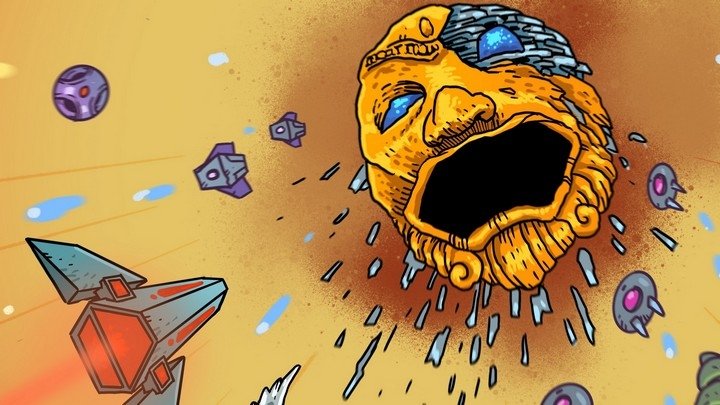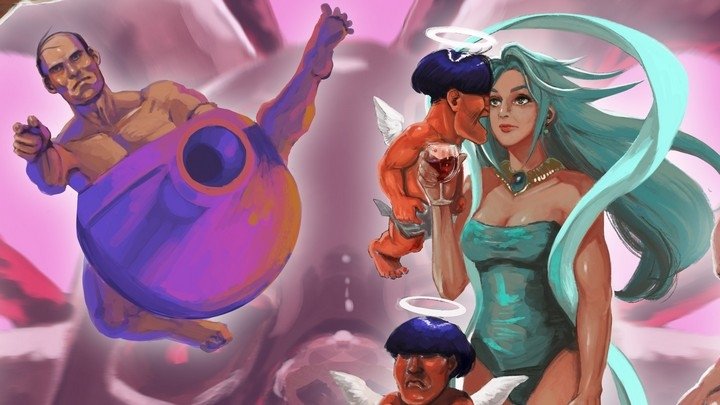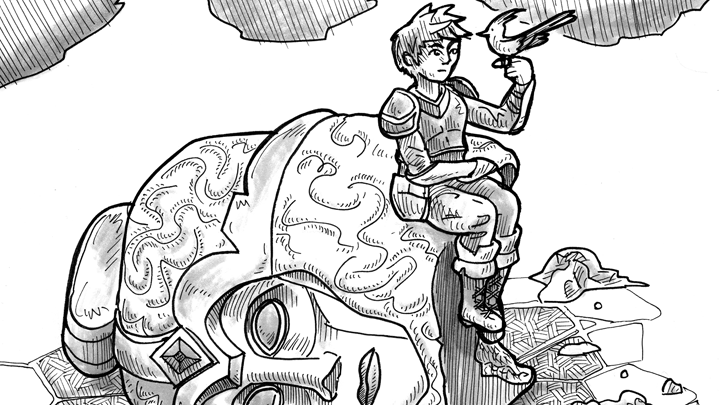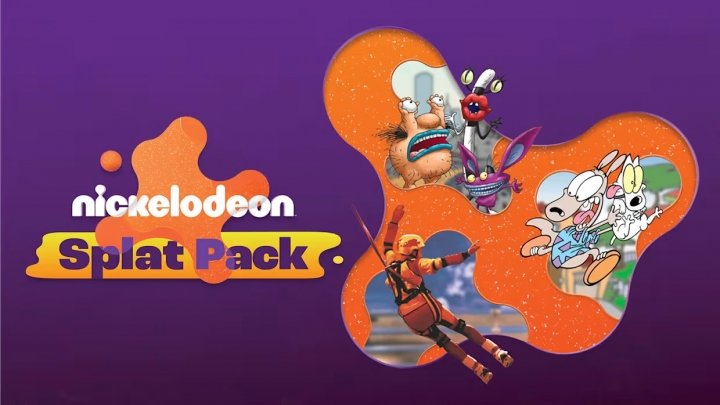Battle Garegga Rev.2016 and Dangun Feveron lead the charge for M2 ShotTriggers
M2's series of boutique shooting game remasters is heading stateside, with a new platform in tow.
The last 18 months or so have given fans of traditional arcade-style shooting games plenty to be happy about. Not only has there been a upswing in the release of original, high-quality indie shooting games, there's also been a constant stream of ports and re-releases of classic games both familiar and obscure from publishers like Hamster, Degica and Zerodiv. Now, Japanese retro artisans M2 are entering the worldwide arena with M2 ShotTriggers, a self-funded publishing label that aims to highlight and reintroduce a curated selection of cult shooting games to current-day audiences—and, if you own an Xbox One, you'll have the chance to try one of them very, very soon.
M2's first ShotTriggers release is something of a safe pick for genre fans: Battle Garegga, a 1996 arcade shooter by Compile/Toaplan offshoot Raizing (now 8ing) that quickly amassed a following among hardcore arcade-goers for its detailed hard-sci-fi pixel art, a catchy and complex FM techno soundtrack by soon-to-be-legendary composer Manabu Namiki, and a ruthless array of bosses whose relentless attacks would set the stage for the "bullet hell" subgenre. More infamously, the game also employs an extremely aggressive dynamic difficulty system, or "rank," that constantly adjusts the game's difficulty—upwards, usually—based on a number of actions and variables that are hidden from the player and, in many instances, are completely counterintuitive; the mere process of deciphering the extent of the rank system kept the collective playerbase occupied for years, and mastering it has taken decades more. It's not a universally beloved game, but Battle Garegga is universally respected, and its influence on later games like the seminal DoDonPachi is immediate and obvious. It's little wonder M2 chose to commemorate it with a 20th anniversary "Rev.2016" remaster.
Dangun Feveron, M2's second pick for the ShotTriggers label, is more of a curveball. Released in 1998 by bullet hell kingpins CAVE, Dangun Feveron lacks the trademark bullet curtains and methodical scoring systems that typify their other games and instead focuses on relatively straightforward, old-school shoot-and-dodge gameplay at hyper-fast speeds, assaulting the player with over-enthusiastic announcer quips and infuriatingly catchy disco tunes all the while. (Dangun Feveron is often described as "disco-themed," but "disco-adjacent" seems more accurate; the audio is straight out of Saturday Night Fever, yet the stages and enemies are about as disco as looking at Truxton through tinted lenses.) Make no mistake, it's as tough as anything else CAVE has released, but the focus on zooming across the screen at high speeds and "macro-dodging" fast sniper shots from enemies, as opposed to surgically navigating swarms of screen-flooding projectiles, gives the game a dramatically different feel to the rest of CAVE's catalog, so in that respect it's a little odd to see it featured as a marquee cut.
M2 has developed a reputation for going above and beyond when it comes to repackaging legacy games and their own ShotTriggers releases are certainly no exception. Most every feature you'd expect is present and accounted for. There are save states, remappable controls, several display options (including vertical options), online leaderboards and replay sharing, as well as more in-depth options like a latency calibration option and separate volume sliders for music and sound effects (which, for games as old as these, is no mean feat). Additionally, the "M2 Gadgets" feature allows you to customize the boundaries of the screen to display game-relevant data at all times, including information that would otherwise be invisible to the player—which, for a game as opaque as Battle Garegga, is a total godsend.
Additionally, M2 has created brand new modes specifically for these releases in order to make the games more approachable to newcomers and add a bit of variety for returning players. The Super Easy modes feature a relaxed difficutly and new features like magnetized items and auto-bombing upon getting hit that should help beginning players see the games through to the end, and the other new modes—Battle Garegga Rev.2016's "Premium" mode and Dangun Feveron's "Fever " mode—change various aspects of the scoring system to align with contemporary tastes, or just to give diehards a new way to enjoy the game. What's more, the custom game mode option allows you to remix the new and original rules as you see fit, and each game also allows you to pick between four different soundtracks, including new music created specifically for these releases—most notably, Battle Garegga Rev.2016's "Perfect Arrange", a what-if virtual reconstruction of the original sound data by Manabu Namiki that essentially remasters the original audio for new, imaginary hardware, much in the same manner as the Sega 3D Classics' "Giga Drive".

(Of course, that's one of the perks M2 has gained by going from work-for-hire developer to publisher: They can be as self-indulgent or off-the-wall as they like, provided they're able to foot the bill... and as such, their ShotTriggers releases come with a $35 asking price.)
Japanese Playstation 4 owners have been enjoying these two releases since late last year, but M2 surprised everyone over the weekend when they announced an Xbox One port for Battle Garegga Rev.2016—not just because it's fully translated and that it's releasing at the end of the week, but because it's a Japanese Xbox One game from an indie publisher. Perhaps there's still a little lingering fondness from the glory days of the Xbox 360, who can say.
(PS4 owners, fret not: both Battle Garegga Rev.2016 and Dangun Feveron will be released internationally on PS4 as well, but you'll have to wait a little while longer.)
M2 has already announced several upcoming M2 ShotTriggers releases for Japan, including Raizing's M.U.S.H.A.-esque fantasy steampunk shooter Mahou Daisakusen and CAVE's ultra-stoic military shooter Ketsui, and they've expressed interest in re-releasing all manner of shooting games from arcades, consoles and even hobbyist computers like the Sharp X68000. I have no idea whether there's a broad casual audience for boutique shooting game re-releases outside Japan—or even within Japan, honestly—but I'm excited to find out. How about you?




